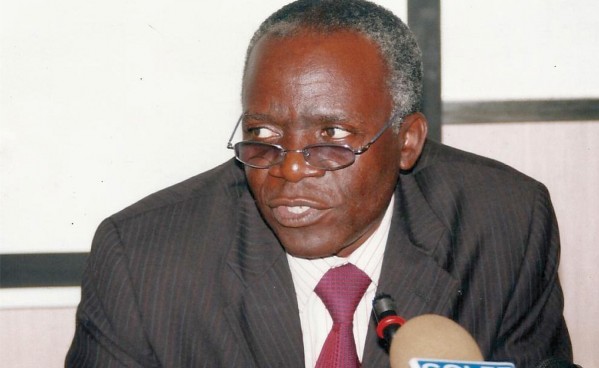Human rights lawyers link stolen Nigeria crude to Philadelphia, USA

Human rights lawyer and Senior Advocate of Nigeria (SAN), Femi Falana, yesterday revealed one of the destinations where stolen crude oil from Nigeria was taken to without the knowledge of the Federal Government.
Through the efforts of a group of lawyers of like mind, Falana said that some ships that carried stolen crude from Nigerian seaport were traced to a port in Philadelphia in the United States of America (USA) where the product was discharged.
Upon investigation here in Nigeria, he stated that there was no record of the shipment of the crude, whereas, in the destination port, a record showed that the crude was from Nigeria.
“We got information at the loading port, of a ship carrying crude and when we traced it, it was a port in Philadelphia that 6.2 million barrels of oil was recorded from Nigeria, the ship could not escape because of taxation put at $12.7 million.
“This revelation is just one out of many ports in the US, not to talk of Britain, India or China where stolen crude from Nigeria were taken to,” he lamented.
Falana made this revelation at a training on anti-corruption monitoring and reporting, organised by the Anti-corruption Situation Room of the Human and Environmental Development Agenda.
According to him, it would be difficult to give an accurate figure of barrels of crude oil that leave the country’s shores everyday, since there was no meter at the loading point.
He expressed doubt whether the Nigerian Extractive Industries Transparency Initiative (NEITI) could sanitise the oil and gas sector, now that the government has no respect for figures and data from agencies like NEITI.
Falana also announced that his group has secured the nod of the Attorney General of the Federation to file charges against all foreign banks that warehoused monies looted from Nigerian treasuries by the late Sani Abacha and former governor of Delta State, James Ibori.
Most of the banks, he explained, had kept the monies in their interest yielding accounts, noting that such accrued interest must be paid to Nigerian government, and that such litigation will discourage them from accepting deposit from criminals from Nigeria.
Meanwhile, the House took the second reading of the new bill to review the Land Use Charge (LUC), which has generated protest from Lagosians.









0 Comments